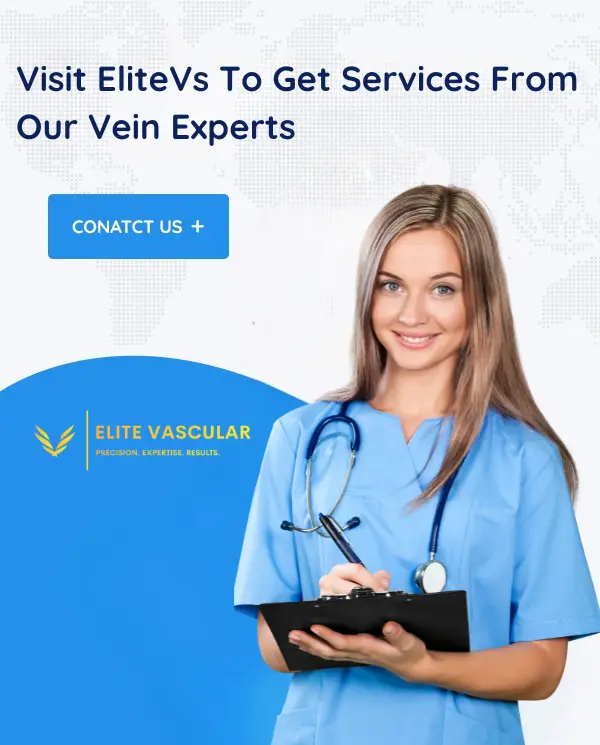
Introduction
Varicose veins are a common disorder that affects many humans. It is identified with swollen, folded veins that often spread on the legs. While varicose veins are most diagnosed for his or her visual look, they will also motive pain and irritation in sure people. Understanding the itchy sensation caused by varicose veins is essential for correct management and therapy. This article investigates the origins of varicose vein itching, examines regular signs and feasible problems, covers treatment alternatives, lifestyle changes, and domestic remedies, and advises on when to searching for medical attention for this worrying situation.
Varicose Veins Definition and Risk Factors
Varicose veins are large, folded veins that take the shape inside the legs and can appear through pores and skin. Weak vein valves create blood deposits and high venous pressure in this prevalent disease. Family history, age, weight issues, pregnancy, and prolonged standing or sitting increase varicose vein risk. These components may treat varicose veins by straining and weakening vein partitions.
Understand the feeling of itching
Exploring the Sensation of Itchiness
Varicose veins can itch, which may be annoying and painful. It may seem like you’re itching the affected region and burn or tingle.
Distinguishing Itching from Other Varicose Vein Symptoms
While varicose veins may additionally result in symptoms consisting of ache, heaviness, and swelling in the legs, itching is a separate feeling this is frequently linked to bad movement and pores and skin changes.
Causes of varicose veins itchy
Poor Circulation and Its Impact on Itching
Poor blood flow within the affected veins may result in an accumulation of waste products in the tissues, which reasons infection. A loss of adequate blood flow may also burn up the skin of vitamins and oxygen, resulting in dryness and infection.
Inflammation and Skin Changes
Inflammation inside the veins and surrounding tissues may also reason itching in varicose veins. Furthermore, pores and skin abnormalities which include eczema or dermatitis may broaden because of blood pooling in the veins, increasing the itching sensation.
Symptoms and Complications
Common Varicose Vein Symptoms
Varicose veins may cause itching, bulging veins, leg cramps, and leg heaviness or weariness. Standing or sitting for lengthy periods might worsen these sensations.
Untreated itchy varicose veins might cause complications
Itching varicose veins may develop skin ulcers, blood clots, and chronic venous insufficiency if ignored. Chronic itching or other varicose vein symptoms need treatment to avert complications.
Itchy Varicose Vein Treatments
When your varicose veins began to feel even itchier than woolen sweater in the hot day, it’s time to explore some treatment options. Here’s how to calm those annoying itches.
Medical Interventions for Itchy Varicose Veins
Sometimes, your itching veins need a little extra TLC from professionals. Sclerotherapy or laser treatment may fix itch-causing veins.
Minimally Invasive Procedures
If you’re not interested in going under the knife, don’t be afraid! Minimum invasive processes like the endovenus laser therapy or ambulatory phlebectomy can work amazing in cooling those itching sensations.
Lifestyle Changes and Home Remedies
When it comes to itching in varicose veins, making some changes in lifestyle and doing household treatment can be a secret solution to get relief. Let’s see how you can remove that itching.
Managing Itching Through Lifestyle Modifications
From kicking your feet up (literally) to avoiding prolonged standing, making simple lifestyle tweaks can make a big difference in keeping the itch at bay. It’s time to give those veins some well-deserved R&R.
Home Remedies to Alleviate Itching and Discomfort
Who knew your kitchen pantry held the key to easing those itchy veins? Home remedies like applying cold compresses or witch hazel can work wonders in soothing the discomfort and helping you reclaim your itch-free zone.
When to Seek Medical Help
Its fun and game until your itching varicose veins start showing serious tears. It’s now time for the white flag to be hoisted and medical assistance like a superhero called for backup.
Signs of Medical Concern
If your itching veins start swelling, heating up when touching or an ulcer develops, it’s time to get nervous and seek medical help. Don’t wait to start an uprising of your rugs—work fast!
Consult a Doctor for Itchy Varicose Veins
When you face any such problem, call professionals. Consulting a healthcare professional can help you reach the root of your itching veins problem and lead you to the right treatment path. Now it’s time to say goodbye to those difficult struggles and make further path easier. For any vein related problems call us at +1(973-975-4447).
Conclusion
It is necessary to manage and reduce the sensation of itching in varicose veins to improve the quality of life of persons suffering from this situation. By understanding the underlying causes, searching for treatment options, by adjusting lifestyle and knowing when to take professional help, individuals can effectively address discomfort and itching associated with varicose veins. With proper care and attention, it is possible to get relief while living with varicose veins and increase overall wellness.
